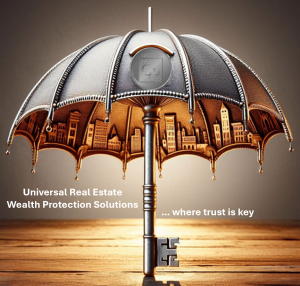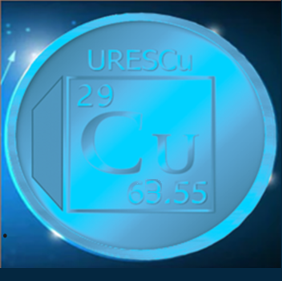

Search:
(clear)
- Accredited Investor
- Address
- After Repair Value
- ARV
- Airdrop
- Anti-Money Laundering
- AML
- Appreciation
- As-is
- Ask-Me-Anything
- AMA
- Asymmetric Key Cryptography
- Atomic
- Automated Market Maker (AMM)
- Bad Debt Buying
- Bargain and Sale Deed
- Barter
- Barter currency
- Barter cryptocurrency
- Basis
- Basis Point
- Bitcoin
- Blockchain
- Bonding Curve
- Bricked Funds
- Bridge Loan
- Burn
- Cashflow
- Cash-on-cash return
- Closely Held
- Coin
- Collateralized Currency
- Collateralized Debt Obligation
- Consensus Protocol
- Contract Account
- Control
- Credit delegation
- Crypto-asset
- Crypto exchange
- Cryptocurrency
- Cryptographic Hash
- Current Condition Value
- CCV
- dApp
- Debt
- Decentralized Autonomous Organization
- DAO
- Decentralized Exchange
- DEX
- Decentralized Finance
- DeFi
- Deed
- Deed of Trust
- DOT
- DeFi
- DeFi Legos
- Depreciation
- Digest
- Direct Incentive
- Double Spend
- Due Diligence
- Dutch Auction
- Equity
- Equity token
- ERC-20
- ERC-721
- ERC-1155
- Escrow
- Ethereum
- ETH
- Ethereum 2.0
- Ethereum
- Externally Owned Account
- EOA
- Factoring
- Fair Market Value
- FMV
- Fiat Currency
- Fintech
- Flash Loan
- Flash swap
- Fork
- Fungible
- Non-fungible
- Gas
- Geoblock
- Governance Coin
- Governance Token
- Governance Token
- Governance Coin
- Grant Deed
- Halting Problem
- Hash
- Hexadecimal
- Horizontal Scaling
- Impermanent Loss
- Incentive
- Initial Defi Offering
- IDO
- Initial DeFi Offering
- IDO
- Initial Exchange Offering
- IEO
- Invariant
- Keeper
- Know Your Business
- KYB
- Know Your Customer (KYC)
- KYC
- Layer 2
- Leasehold
- Liquidity
- Liquidity Provider
- LP
- Mainnet
- Mezzanine Debt
- Miner
- Miner Extractable Value
- Mint
- Mortgage Deed
- Multi-family Housing
- MFH
- Networked Liquidity
- Node
- Non-fungible
- Fungible
- Non-Fungible Token
- NFT
- Non-recourse loan
- Nonce
- Note Brokering
- Buying
- Optimistic Rollup
- Option
- Oracle
- Order Book Matching
- Perpetual futures contract
- Points
- Private Offering
- Proof of Stake
- PoS
- Proof of Work (PoW)
- PoW
- Quitclaim Deed
- Real Estate Owned
- REO
- REXNET
- Router Contracts
- Scaling Risk
- Schelling-Point Oracle
- Seller financing
- Sharding
- Single Family Housing
- Single Family Residence
- SFH
- Single Family Residence
- Single Family Housing
- SFR
- Slashing
- Slashing Condition
- Smart Contract
- Sophisticated Investor
- Sovereign Lien
- Special Purpose Deeds
- Specie
- Stablecoin
- Staked Incentive
- Staking
- Swap
- Symmetric Key Cryptography
- Testnet
- Token
- Token vs coins
- Trading pairs
- Transparency
- TROPTIONS
- XTROPTIONS
- Utility Token
- Value
- Vampirism
- Vault
- Velocity of Capital
- Vertical Scaling
- Vet
- Vett
- Wallet
- Crypto-wallet
- Warranty Deed
- Wholesaler
- Yield Farming
The “as is where is” clause stems from an English legal doctrine known as the “caveat emptor” rule which is now part of Singapore law. In Latin, “caveat emptor” means “let the buyer beware”. This principle puts the risks and burdens of a transaction on the buyer, and it is the buyer’s duty to do his due diligence and checks when deciding whether to go ahead with the transaction. Therefore, if a property is being sold on an “as is where is” basis, this means that it is being sold in its current condition, whatever this condition happens to be. As the buyer, you are deemed to have checked the property for defects of quality (even if you haven’t actually done so) and have found the property acceptable. (Ying, 2018)

